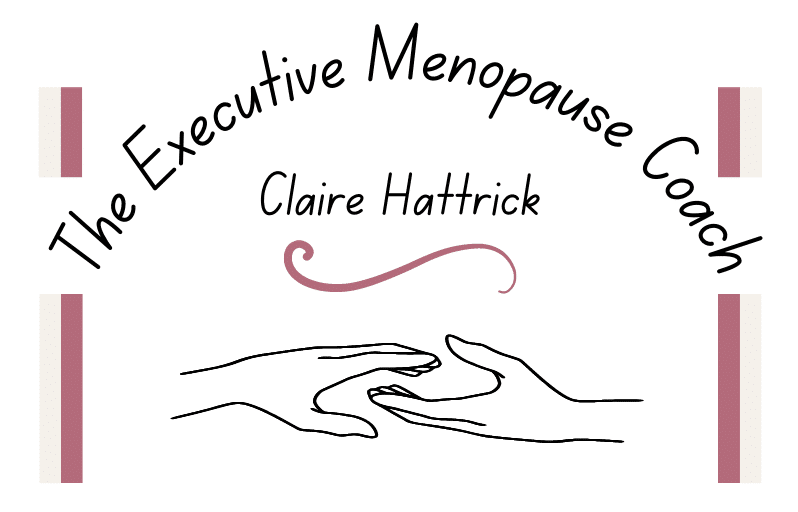One minute you are happy, the next you are sad, then you really do not know how you feel! Mood swings are an emotional rollercoaster that you want to get off, but sadly, cannot. Some women feel like they are losing their mind or going mad, but rest assured you are not on your own!
Please be aware that this blog post contains affiliate links and any purchases made through such links will result in a small commission for me (at no extra cost to you).
Your mood can be affected by many different factors, from just waking up in a bad mood to having an argument with a loved one. It is not always obvious what causes these mood swings and the irritability that comes with them. Menopause seems to play havoc with our moods from Perimenopause through to post Menopause, causing us all to suffer. As your body starts to produce a lot less Oestrgoen and Progesterone in the lead up to the beginning of Menopause, your brain and body start to change too, altering your mood as well.
Causes of Mood Swings and Irritability:
Oestrogen helps to regulate lots of hormones, these may have mood enhancing properties, they can include;
- Dopamine
- Serotonin
- Norepinephrine
Oestrogen supports certain brain functions and cognition is one of them, with lowering hormone levels this can lead some women to confusion and affects their mood in a negative way.
If you enjoy this blog, be sure to check out our blog on Menopause and Itchy Skin!
Lack of sleep is another big issue leading to mood swings, functioning on very little sleep is hard for anyone to do. Trying to cope with day-to-day life and a busy household and the normal ‘ball juggling’ that most women have to do, is even harder at this time and not surprisingly has a huge affect on your mood.
How to combat mood swings and irritability;
You may not be able to change your mood over night or completely, but these can help with mood swings.
- Exercise – Any type of exercise can help, anything that gets your heart rate up and those endorphins released will help with a low mood. Try to exercise regularly and keep to it, it releases lots of feel-good chemicals into the brain. Sometimes a brisk walk is all it takes to make you feel better and picking a time to exercise that works for you, some like the mornings, others the evenings or after work. Listening to music or a podcast or Audible book can take your mind off anything else on your mind. Audible has some great podcasts to listen to whilst you are working out!
- Healthy Food – this is vital to your mood and plays a bigger role than most women think. Eating a varied diet which contains lots of lean protein, fruit, vegetables and grains is likely to provide you with plenty of Omega-3 fatty acids and other nutrients that can improve your mood.
- Stress – Most of us suffer with it, it is impossible to avoid, but de-stressing can have a huge impact on your mood. Yoga, a quiet book read, or a relaxing bath can all help with a low mood and leave you feeling a lot better, here are some benefits of yoga! These yoga cards are great for beginners and intermediates!
- Sleep – A huge mood changer is lack of sleep, not getting enough is a bad start to any day and your mood swings and irritability will be at its worst. Turning off all electrical gadgets an hour before bed, making sure your bedroom is cool and avoiding caffeine and alcohol can help with getting a good nights sleep.
- Natural supplements – these can be a game changer for some women, always make sure they are a quality supplement for maximum effect. I highly recommend Natures best for high-quality supplements!
See Your Doctor;
Always see your GP or seek medical advice if your mood swings are excessive and you feel overwhelmed, they can help if your mood swings are;
- Causing Anxiety and Panic Attacks
- Making you want to avoid situations, people etc.
- Taking over your life
Always keep an eye on when and how you feel, Menopause Symptom Trackers are great for this, and will help your GP to diagnose you quicker. We have created a Menopause Symptom Tracker to help keep track of your symptoms, click here to view it!

- HRT (Hormone Replacement Therapy)
This can be used short term or long term for lots of Menopause symptoms but can be very good for alleviating mood swings and irritability.
- Acupuncture
This can help balance hormone levels and increases the production of dopamine and norepinephrine.
Mood swings and irritability tend to be more prevalent in Perimenopause and during Menopause, with some slight lifestyle changes your mood can improve dramatically. Once the hormone system stabilises, these mood swings should diminish and you should begin to feel your normal happy self!
*DISCLAIMER*This page does not provide medical advice; it is intended for informational purposes only and is based upon my opinion and experiences. It is not a substitute for professional medical advice, diagnosis or treatment. Never ignore professional medical advice in seeking treatment because of something you have read on the The Executive Menopause Coach website. Always seek professional medical advice.



I suppose mood swings are common these days and everyone should learn how to cope with them. Your post is definitely making the top list for this idea.
When I click on the menopause tracker link it takes me to itchy skin. Can you advise how to get this please
Hi Helen, thank you for letting us know this link isnt working- this link should now be fixed. Please find the trackers here https://www.theexecutivemenopausecoach.com/product/the-menopause-symptom-tracker-set/
This site has given me invaluable information in an easy to understand language. There should be more websites like this available for women in what is an extremely scary time. Thank you Claire!
Thank you! It’s great to know our posts are helping!
Thank you, we are so glad our post has helped you!